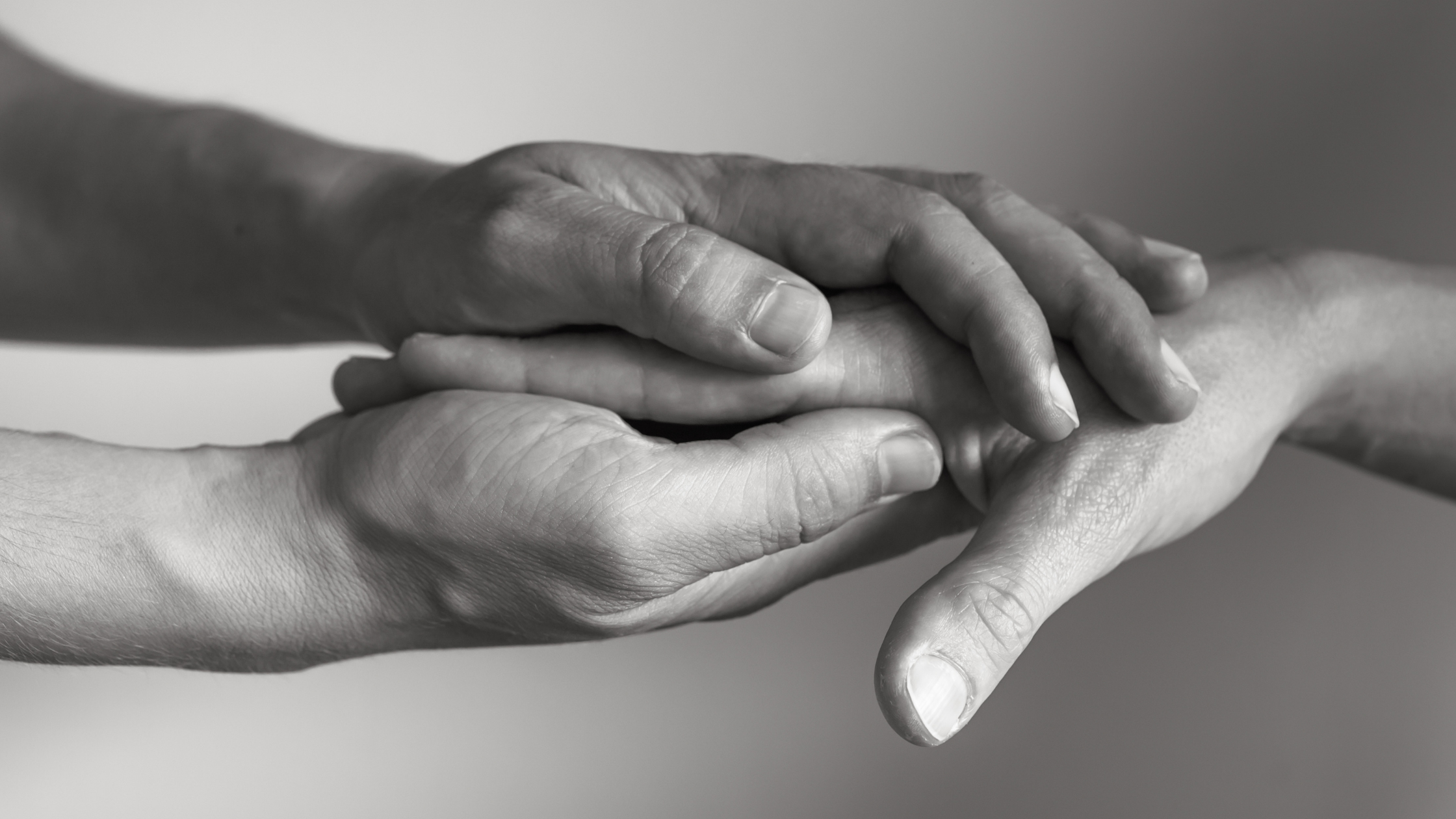Grief Support and Aftercare
- Introduction to Grief Support and Aftercare
- Understanding the Grieving Process
- Different Types of Grief Support
- Coping Strategies for Dealing with Grief
- Benefits of Seeking Professional Help
- Grief Support Resources and Organizations
- Self-Care during the Grieving Period
- Helping Others Through Grief
- Dealing with Grief Triggers and Anniversaries
- Moving Forward and Finding Hope
Introduction to Grief Support and Aftercare
In this comprehensive blog post, we will explore the importance of grief support and aftercare for individuals experiencing loss. Grief is a natural response to losing someone or something significant in our lives, and it is essential to understand the grieving process to navigate through it effectively.
Understanding the Grieving Process
Grief is a complex journey that involves various stages and emotions. It is crucial to recognize these stages, such as denial, anger, bargaining, depression, and acceptance, as they allow individuals to process their emotions and heal gradually.
Different Types of Grief Support
There are different types of grief support available to individuals, depending on their preferences and needs. One common form is individual therapy, where a trained professional provides guidance and support through one-on-one sessions. Additionally, support groups bring together individuals who have experienced similar losses, creating a space for shared experiences and understanding.
Coping Strategies for Dealing with Grief
Grief can be overwhelming, but there are various coping strategies that can help individuals navigate through the difficult emotions. These strategies may include engaging in self-care activities, seeking support from loved ones, expressing emotions through creative outlets, and practicing mindfulness and meditation.
Benefits of Seeking Professional Help
Seeking professional help can provide individuals with the tools and support they need to work through their grief effectively. Professional grief counselors or therapists are trained to navigate the complexities of grief and provide guidance tailored to each individual’s unique experience.
Grief Support Resources and Organizations
There are several grief support resources and organizations available that offer valuable assistance to those in need. These resources may include helplines, online forums, and local support groups. Additionally, organizations such as hospices and bereavement centers specialize in providing comprehensive grief support services.
Self-Care during the Grieving Period
Self-care is crucial during the grieving period as it allows individuals to prioritize their physical and emotional well-being. Engaging in activities like exercise, maintaining a healthy diet, getting enough rest, and seeking moments of relaxation can help individuals cope with grief and promote healing.
Helping Others Through Grief
Supporting someone who is grieving requires empathy, patience, and understanding. It is essential to listen actively, offer a comforting presence, and avoid judgment. Providing practical assistance, such as helping with daily tasks or offering to accompany them to support groups, can also be immensely helpful.
Dealing with Grief Triggers and Anniversaries
Grief triggers and anniversaries can be challenging to navigate, as they often bring back intense emotions and memories. Developing healthy coping mechanisms, such as practicing self-compassion, seeking support from loved ones, or engaging in therapeutic activities, can aid in managing these triggers effectively.
Moving Forward and Finding Hope
While grief is a lifelong process, it is possible to find hope and move forward. This may involve embracing new routines, setting future goals, and finding meaning in the midst of loss. It is essential to remember that healing takes time and that everyone’s journey is unique.
By addressing grief support and aftercare, individuals can find solace, understanding, and guidance during their healing process. Remember, seeking professional support and utilizing available resources can make a significant difference in navigating grief and finding hope once again.
Moving Forward and Finding Hope
